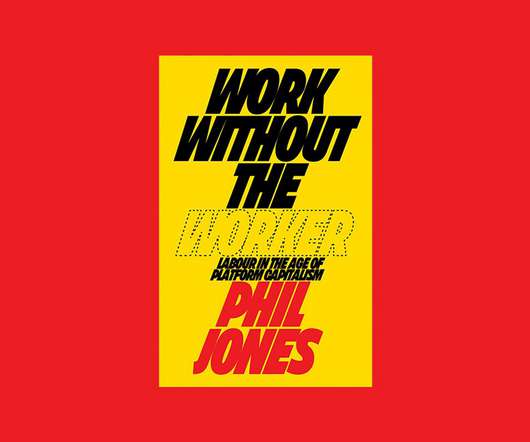The Case for Copyright Exceptions and Fair Use
Beneblog: Technology Meets Society
JANUARY 17, 2014
For on January 17, 1984, the Supreme Court of the United States ruled that consumers could tape their favorite TV shows and watch them later without the copyright holder’s consent. 417 (1984), also known as the “ Betamax case ”, is a landmark copyright precedent that has had enormous implications for the media economy. copyright law.























Let's personalize your content